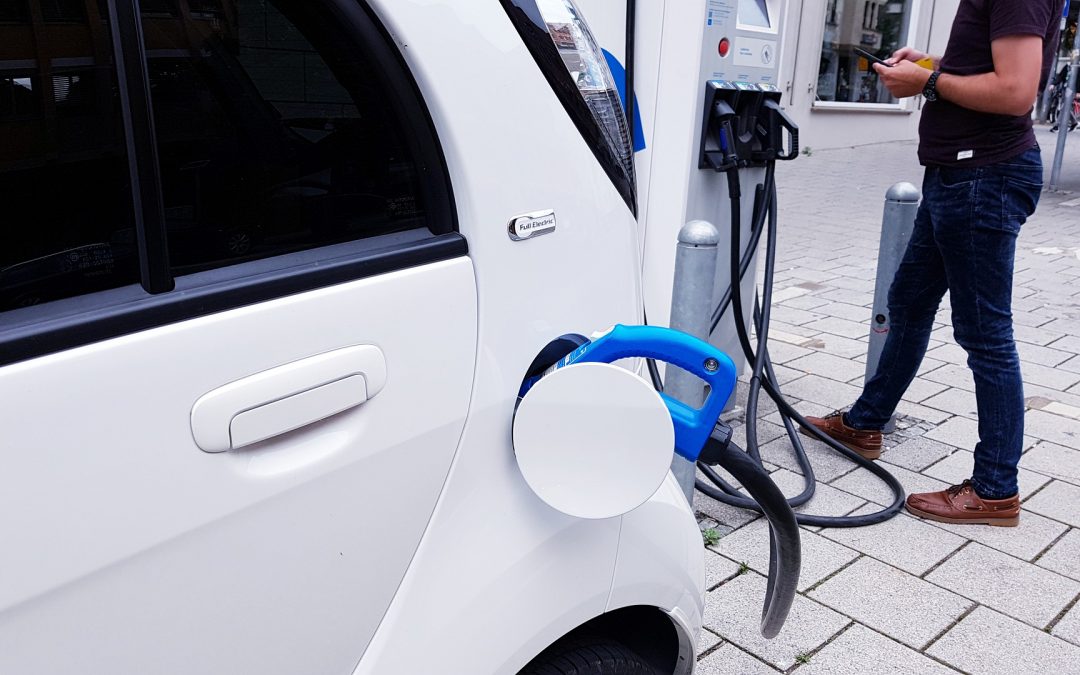
Mythbusting : EV Battery Lifespan – How Long Should EV Batteries Really Last?
Mythbusting : EV Battery Lifespan – How Long Should EV Batteries Really Last?
Thinking About Electric for Your Fleet? Here’s the Truth About EV Battery Life
Most of the UK’s large fleets are already making the move to electric vehicles (EVs). For smaller fleets, though, the decision is less straightforward.
Questions over cost and charging are an obvious barrier are holding many SMEs back from making the switch.
It’s understandable.
But another common question holding many businesses back is “what’s the point in changing if the battery is only going to last a few years”?
If batteries really did fail after only a few years, as some people suggest, then an EV would be a risky investment for a business that depends on keeping vehicles running.
But the fact is, the evidence now paints a very different picture.
How long will an EV battery last?
Independent research shows that batteries degrade much more slowly than many people have believed.
On average, EV batteries lose about 1.8% of their capacity per year
In practice, this means that after five years of daily use, a vehicle could still have around 90% of its battery health.
Even at higher mileages, most EVs are performing strongly, with more than 80% battery health retained.
In other words, the idea that a vehicle needs a new battery after seven or eight years simply doesn’t stack up.
In most cases, the battery will outlast the vehicle itself.
Why new models are more reliable
Battery technology is improving year on year.
Newer EVs are holding their charge better than older ones thanks to advances in chemistry, cooling systems, and onboard management software.
For SMEs, this means that the EVs available today are more dependable, with stronger long-term performance.
Helping to protect your battery health
Whilst some level of wear is inevitable, how you use and charge your vehicles will also make a difference.
For smaller fleets, a few simple practices can go a long way:
- Don’t leave vehicles fully charged for long periods.
- Only charge to the level needed for the next job.
- Keep rapid charging to a minimum unless essential.
- Encourage smooth driving and use of regenerative braking.
These steps can all help reduce stress on the battery and extend its useful life.

Confidence in the second-hand market
Another concern for SMEs is resale value.
With petrol and diesel vehicles, mileage is the benchmark.
With EVs, it’s battery health – but that information hasn’t always been easy to access.
That’s changing.
Industry bodies and insurers are pushing for standardised battery health certificates.
These would give buyers confidence in the used market, set fairer residual values, and even support better-priced insurance.
Why this matters for your business
The transition to electric is coming, whether businesses feel ready or not.
Large fleets are already reaping the benefits, and SMEs will need to follow to stay competitive and compliant.
The good news is that battery life should no longer be the stumbling block.
With proven reliability, improving technology, and tools like health certificates on the way, EV batteries are lasting far longer than expected.
For smaller fleets, the challenge is not whether batteries will last, but how to start planning the move in a way that works for your business – even taking advantage of any financial support out there whilst the opportunity still exists.
The earlier you explore your options, the easier it will be to make the right decisions when the time is right for you.
Ready to take the next step?
If you’d like clear, practical advice on how EVs could work for your fleet, we can help.
Whether you’re running a handful of vans or a mixed fleet of cars and LCVs, we have the experience to guide you through the switch.
Get in touch today to arrange a free consultation and start building your EV strategy with confidence.


